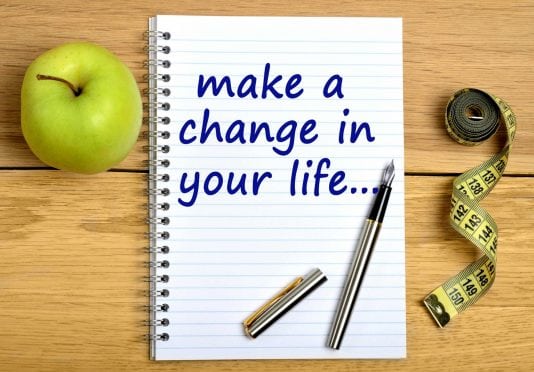If you’ve ever Googled how much protein you need to build muscle, you know the advice is all over the place.
From bodybuilders swearing by 250 grams per day to TikTokers blending chicken into smoothies, it’s easy to think you need meat with a side of protein powder to see results.
But building muscle doesn’t mean drowning in protein shakes. And according to Chris Barrett, RD, a registered dietitian with the Hartford HealthCare Bone & Joint Institute, most people need less than they think.
Virtual care - when and where you need it
So how much protein do you actually need?
Let’s do some quick math.
“If you’re trying to build muscle, a good rule of thumb is 0.7 grams of protein per pound of body weight,” says Barrett. “So if you weigh 175 pounds, that’s about 125 grams per day.”
It’s more than the standard recommendation for general health, but nowhere near the extreme levels trending in fitness circles of 2 gram of protein per pound of bodyweight.
“You don’t need multiple protein shakes or ten egg whites every morning,” says Barrett. “Many athletes are so focused on consuming protein that they also consume too much fat, and not enough carbohydrates.”
> Related: 7 Protein-Packed Foods to Add to Your Diet
Do you really have to eat protein right after a workout?
According to Barrett, the short answer is no – but it does help certain athletes.
“You don’t have to sprint from the gym to the blender. But eating protein within an hour or two of a workout with a regular meal can help with muscle repair and growth.”
Just keep in mind, the bigger picture matters more.
“As long as your daily protein intake is where it should be, you’re in good place,” Barrett adds. “If you aren’t eating enough protein in total, your progress when it comes to increasing muscle mass may stall, no matter how hard you’re training.”
You can probably get all the protein you need from your diet.
Eggs, chicken, fish, beans, milk, cottage cheese, Greek yogurt, pork tenderloin, tofu – there are plenty of foods out there to help you reach your protein goals.
“Even if you follow a plant-based diet, you can still reach your protein goals – it just takes a little more planning,” says Barrett. “Plant proteins tend to be lower in some amino acids, so it’s important to mix it up throughout the day. Think legumes, whole grains, nuts, seeds, or soy.”
And there’s nothing wrong with using protein powders for convenience.
“They’re great when you’re busy or on the go. But protein powders need to be thoroughly tested and should consist primarily of protein. Third-party certifications like NSF Certified for Sport should be on the product to make sure what you’re taking is safe and accurately labeled,” says Barrett.
And if you’re going to start taking supplements, check in with a registered dietitian or sports dietitian first.
There is such a thing as too much protein.
For most people, a little extra protein isn’t harmful.
“But protein tends to be higher in fat, too. So if you’re consistently eating more protein than you need, those extra calories will start to add up,” Barrett warns.
More isn’t always better — it’s about finding the right balance for your goals.
“If you’re overweight or obese, and trying reduce calories to lose fat, eating slightly more protein – along with proper weight training – will help you preserve muscle. You might want to bump up to closer to 0.8 to 1 gram of protein per pound of body weight,” Barrett notes.
That way, you’ll be primarily losing fat, instead of the strength and muscle mass you’ve worked hard for.
“It doesn’t have to be complicated,” Barrett says. “Meet your protein needs, train consistently (and allow appropriate recovery), and the results will come.”



